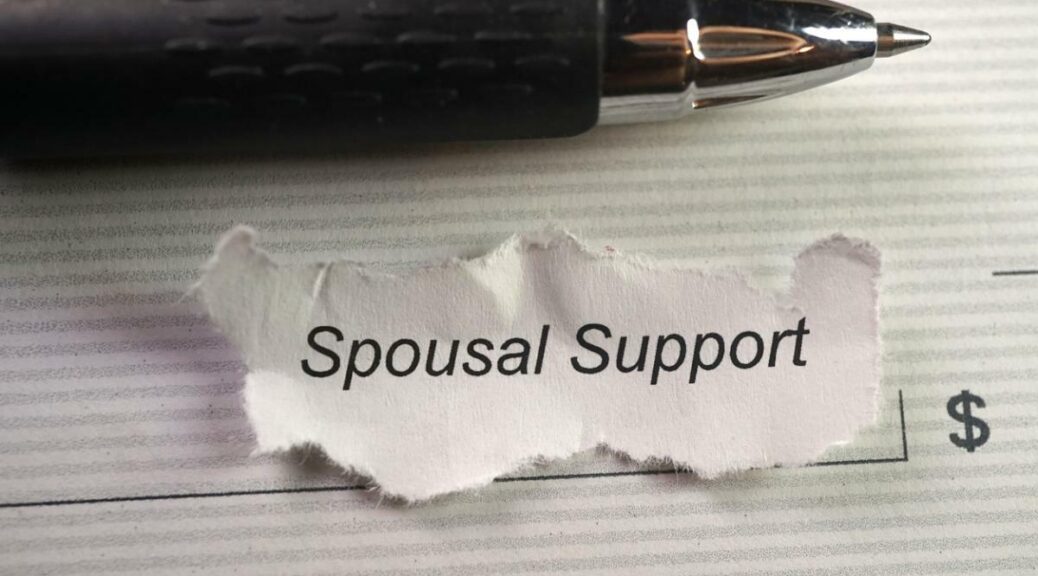Dividing property in a divorce can be complicated. In California, property division is governed by community property laws, which dictate how assets and debts acquired during the marriage are handled. However, distinguishing between separate assets and community assets is critical for ensuring an equitable division. Understanding these concepts can significantly impact the final agreement at the time of divorce.
Let’s review what constitutes separate assets, guidelines for determining them, and how experienced CA Family Law Attorney Judy Burger can assist you through the property division process.
What Are Separate Assets?
In California, separate assets refer to property owned by one spouse that was acquired before the marriage or through certain means during the marriage. Examples of separate assets include:
- Property Owned Before Marriage: Any real estate, investments, or personal property that one spouse owned prior to the marriage is considered a separate asset.
- Gifts and Inheritances: If a spouse receives a gift or inheritance from someone other than their partner, this property is likely to be classified as separate.
- Certain Personal Injury Awards: Compensation received for personal injury claims, not including lost wages during the marriage, is considered separate.
- Property Acquired with Separate Funds: If one spouse uses their separate funds to acquire additional property, that property can remain separate.
- Income from Separate Property: Income generated from separate assets, such as rental income from property owned before the marriage, is treated as separate, unless commingled.
Guidelines for Determining Separate Assets
Identifying separate assets amidst community assets can be challenging, and understanding the distinctions is crucial. Here are some guidelines to help confirm separate assets during property division:
- Documentation: Maintaining records of asset ownership is essential. This includes deeds, bank statements, and documentation of gifts or inheritances. Clear records can help support claims that certain assets are separate.
- Tracing Funds: In cases where separate and community funds have been mixed, it may be necessary to trace the roots of the assets. A financial expert can assist in differentiating community property from separate property by examining account histories and transaction details.
- Legal Definitions: Familiarity with California’s legal definitions is vital. California Family Code Section 770 details the characterization of separate property. Consulting legal statutes helps provide clarity on what qualifies as a separate asset.
- Marital Agreements: Pre-nuptial or post-nuptial agreements can define the nature of certain assets as separate. If you have a marital agreement in place, it’s essential to review its terms closely.
- Community Property Presumption: In California, all assets acquired during the marriage are presumed community property unless proven otherwise. This presumption means that one must provide sufficient evidence to establish the separate character of the asset in question.
How Attorney Judy Burger Can Help
Navigating the complexities of property division requires a knowledgeable and experienced attorney who understands California’s laws. Judy Burger, a Certified Family Law Specialist, has extensive experience in handling property division matters, and her expertise can greatly benefit you in several ways:
- Comprehensive Knowledge: With her in-depth understanding of California family law, Judy provides accurate legal advice on asset categorization, ensuring you know which of your assets may qualify as separate property.
- Strategic Planning: Each divorce case is unique, and Judy takes time to develop a tailored strategy that considers your situation. She helps clients gather necessary documentation and develop an effective approach to demonstrate their claims over separate assets.
- Expert Negotiation: Judy’s practice involves negotiating terms that can lead to a fair settlement. Her skilled negotiation techniques can help resolve disputes over property division without the need for lengthy court interventions.
- Litigation Experience: If negotiations fail and your case goes to court, Judy’s litigation skills come into play. Her familiarity with court procedures and effective advocacy can yield better outcomes in asset division disputes.
- Resource Networking: Beyond legal assistance, Judy has a network of financial experts and appraisers. This collaboration can enhance your case in terms of valuing assets accurately and proving their separate nature.
FAQs About Separate Assets
What is the difference between separate and community property in California?
Community property refers to assets obtained during the marriage, while separate property belongs solely to one spouse, often acquired before marriage or through gifts and inheritances.
How can I prove that an asset is separate?
Proof usually involves providing documentation showing ownership before the marriage or demonstrating that it was received as a gift or inheritance. Tracing funds can also establish separation.
Can my spouse claim my separate assets?
Generally, no. However, if separate assets are commingled with community assets, it may be more challenging to prove they remain separate.
Is income earned from separate property considered separate?
Yes, unless the income has been significantly invested into community property, in which case it may complicate the distinction.
What role does a prenuptial agreement play in separate assets?
A prenup can clearly define certain assets as separate, helping to protect them during a divorce. If you have a prenup, it is essential to review its terms with an attorney.
Experienced CA Property Division Lawyer
Understanding separate assets and their distinction from community property is crucial when navigating a divorce in California. Having an experienced attorney like Judy L. Burger by your side can ensure you receive the guidance necessary to protect your rights and your assets. With her expertise, personalized approach, and negotiation skills, you can work towards achieving a fair division that respects both your interests and those of your family.
If you’re facing a divorce, contact The Law Offices of Judy L. Burger today for a consultation to discuss your property division concerns.











